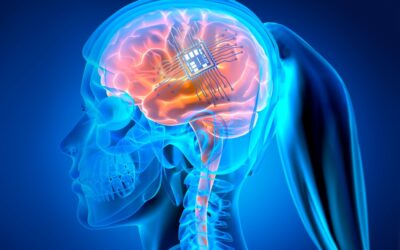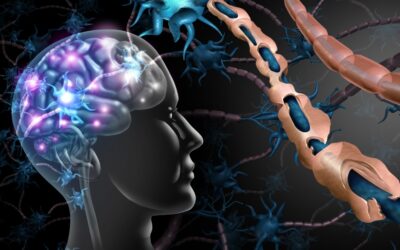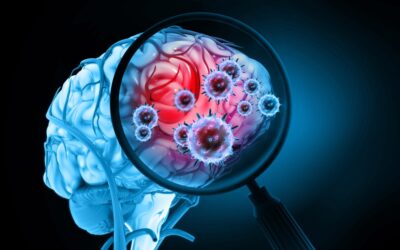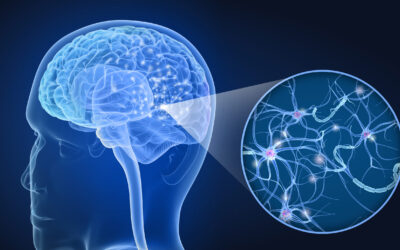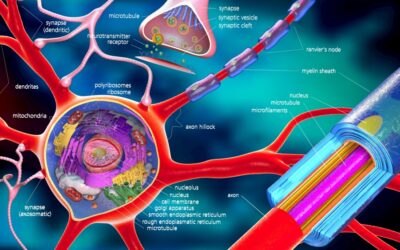You are never too old to set another goal or to dream a new dream. -C.S. Lewis
How old is “too old”? I am often curious about this question. Especially when I hear statements like “I am too old to change”, “this is the way I have always been”, “maybe when I was younger, but….” ……..and the list goes on and on. I can’t deny that I sometimes limit myself with similar statements. But I had the opportunity to revisit this curiosity of mine in a couple of ways this week.
It started with a couple of my patients. Both people are beyond the 7th decade of life and working on movements that are typically reserved for my much younger patients. Why are we working on these “advanced movements”? Because they want to. So, we do. And every week, I am reminded that age really IS just a number.
The other story that gained my attention this week is of Carl Allanby. Carl has spent his life as an auto repair shop owner. By all accounts, he has been successful in life. At the age of 36 he returned to college originally pursuing a business degree. However, returning to school made him realize that he had given up on his childhood dream of becoming a doctor, switched gears, and now at the age of 51 is Dr. Carl Allanby.
What is it about age that makes us stop envisioning a better future? And at what age does this start to happen?
Is it when you graduate from college?
“Finally”, send your kids to college?
Make your first million?
“Finally” retire?
What would life look like if the answer was “none of the above”? What would the world look like if the answer was none of the above?
In an interview, Dr. Allanby talks about how his experience owning an auto repair shop made him value empathy and customer service.
“At my automotive business, the failure of transportation left customers in despair with unknown costs, an unknown length of time [during] repairs and the necessity to form contingency plans while their vehicle was down,”
He goes on to say that, as a Doctor, he has learned “providing empathy, compassion and reassurance is often as important as providing appropriate medical care.”
Last week I was speaking to someone who told me she was notified by her doctor’s office that she had terminal cancer and 6 months to live……….over the phone. Forgive my lack of restraint, but that is FAR from compassion and empathy.
Imagine a healthcare system of “Dr. Allanbys”.
Now imagine a world where this compassionate, empathetic, caring Doctor thought he was “too old” to pursue his childhood dream. I imagine not only would Dr. Allanby have been deprived, but so would the people who are lucky enough to be in his care.
How often do you let age limit you from making positive changes in your life?
Maybe you tell yourself,
“I am to set in my ways to change the way I eat”
Or
“I am too old to start exercising”,
“People at my age can’t get better after a stroke”
“At my age, I could never do X movement”
What would life look like if you removed that statement from your mind? What would your health look like? How much better would you feel about yourself? What would your actions teach your kids and grandkids about age?
More importantly, how can Dr. Allanby inspire you to
“ set another goal or to dream a new dream.”?
And
What does that dream look like?
Now, go do it.
Other articles you may like:
Protein: Essential to brain health and repair
Protein, often referred to as the “building blocks of life” is arguably the most critical macronutrient for brain health and repair and disease prevention as we age. One of three macronutrients found in food the body is primarily composed of protein (second only to...
Simple versus Complex Carbohydrates
Carbohydrates are one of the three macronutrients that make up the foundation of our diet, along with protein and fat. They are found in a wide variety of foods, from fruits and vegetables to bread and pasta. Despite their importance in our diet, carbohydrates have...
Brain Health and Recovery: Food IS Medicine
Brain Health and Recovery: Food IS Medicine Food can be an excellent tool to enhance brain health and recovery. However, if you thought the brain was a complicated system to understand, the data on nutrition is far more complicated. So, spoiler, there is no “perfect...
BDNF And Stroke Recovery
Stroke can cause long lasting disability due to nerve cell (neurons) death greatly impacting someone’s overall quality of life. The neuron death can cause problems with mobility, balance, sensation, speech, vision, cognition (thinking), comprehension (understanding),...
Brain Derived Neurotrophic Factor (BDNF) and Brain Health
Brain-derived neurotrophic factor (BDNF) is a protein that aids in cell function and promotes the growth of new nerve cells (neurogenesis). Studies have shown that BDNF plays a critical role in neuroplasticity (the brains ability to build new nerve connections) and...
Neuroinflammation: Implications in Brain Health and Disease
Neuroinflammation is a broad term that is characterized by an immune response in the central nervous system (CNS) - the brain and spinal cord. This abnormal immune response is initiated by cues including infection, bacteria, brain injury, toxins and autoimmunity. ...
Mitochondrial Dysfunction in Multiple Sclerosis
Multiple sclerosis, also known as encephalomyelitis disseminata is a neurodegenerative disease characterized by damage to the white matter in the brain and spinal cord (central nervous system. The mitochondria are implicated in MS disease progression. With that said,...
Mitochondria: Key to Brain Health
Within every cell of the human body is a pool of structures called mitochondria, often referred to as the “powerhouse” of the cell (generating 90% of the body’s energy). In recent years mitochondria have been credited for brain health and optimal performance. On the...
Exercises to Lift a Stiff/Heavy Leg
https://youtu.be/4Op-qbT4yjo Following a neurologic injury, some people experience a leg that feels stiff, heavy, or both. This can make walking difficult. In this video, you will learn the best exercise routine to relearn how to lift the leg more efficiently and...
Dysphagia after stroke
Dysphagia After A Stroke Over 50% of patients are affected by dysphagia after stroke. It is typically characterized by the inability to swallow liquids or foods and can lead to choking. Patients usually tend to recover from post-stroke dysphagia within the first week...





